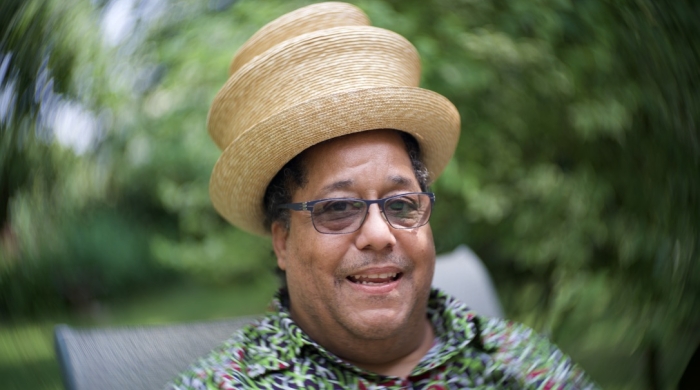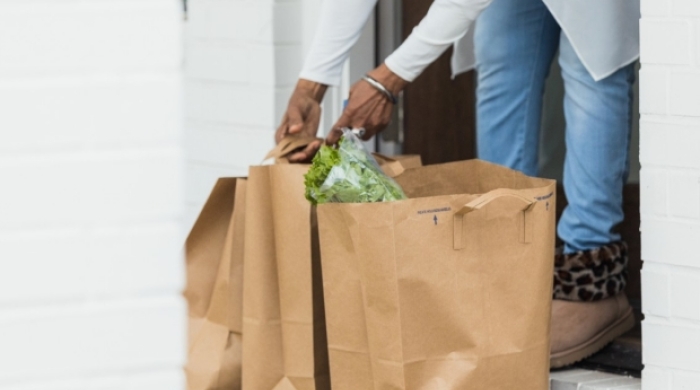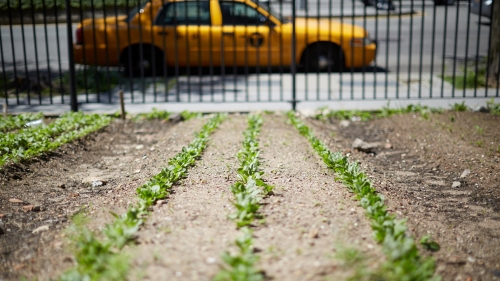NYU Steinhardt hosted “Good Food For All: Breaking the Cycle of Food Crises and Accelerating Progress on SDG2,” an event focused on solutions to the United Nations’ Sustainable Development Goal (SDG) #2.
SDG2 aims to end hunger, achieve food security and improved nutrition, and promote sustainable agriculture by 2030.
“In the face of an unprecedented global food crisis that threatens to further de-rail SDG2, this event aims to provide an opportunity for aligned discussions across the food security, food systems, nutrition, sustainable agriculture, and biodiversity agendas for coordinated action,” said Paul Newnham, executive director of SDG2 Advocacy Hub, who spearheaded and organized the event. “With Good Food For All, we seek to raise the visibility of and re-energize the SDG2 space; coordinate and strengthen collaboration around SDG2 and across all the Global Goals; and build synergies around SDG2 and its solutions to accelerate action up to 2030.”
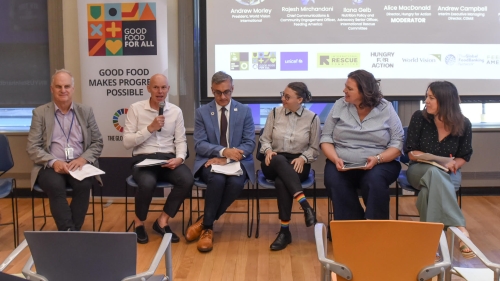
Good Food for All took place on Steinhardt’s campus during the same week as the 78th session of the United Nations General Assembly (UNGA 78), which was also being held in New York City.
“It’s the halfway mark of the Sustainable Development Goals and it is a pivotal time for working towards 2030,” said Dean Jack H. Knott in his opening remarks for Good Food for All. “The UN General Assembly High-Level Week provides many opportunities to learn, reflect, collaborate, and push forward. In the context of today’s event, we want to ensure that SDG2 stays at the top of the agenda, knowing that food and good nutrition are central to human development and an issue which touches all of us and all the SDGs.”
Good Food for All also featured opening remarks by Paul Newnham and a full day of sessions that looked across multiple issues, perspectives, and stakeholders by bringing in voices on food security, nutrition, agriculture, data and research, climate, and more.
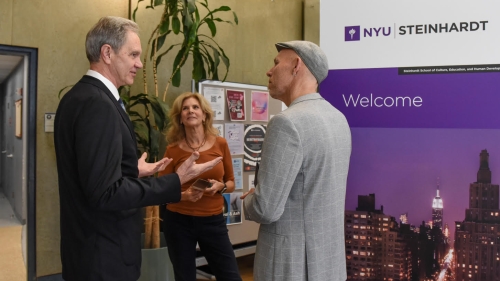
“The nature of the global crisis is changing,” said David Nabarro, Special Representative of the United Nations Secretary-General on Food and Nutrition. “It’s not just a food crisis. It’s not just a hunger crisis. It’s the interplay between food, energy, and finance. Needs are greater while response capacity is lower. We need social protection, life-saving nutrition, and resilience building."
The panels included experts from AGRA, World Bank, World Vision International, Feeding America, International Rescue Committee, and more. These leaders shared information about initiatives and strategies to create opportunities for alignment, better coordination, and potential partnerships on SDG2.
“We are proud to have been a part of this important event, and we hope it leads to more collaborations with SDG2 Advocacy Hub and their efforts,” said Lisa Sasson, associate dean for global affairs and experiential learning and clinical professor of nutrition and food studies at Steinhardt. “We believe this is something, not only as educators but also as food consumers and citizens of the world, that we should be involved in to explore what we can do to make a difference with the global crisis around food insecurity and inequity.”
Related Articles
A Passion for Cooking and Food Studies: A Conversation with Scott Alves Barton (PhD '16)
Scott Alves Barton (PhD '16) spent a career working as a chef, then turned his attention to food studies.
Study finds SNAP-eligible families less likely to buy fresh foods—and sweets—when grocery shopping online
Supported by a grant from Healthy Eating Research, the study found that 70% of shoppers were less likely to buy fresh fruits and vegetables, as well as meat and seafood, when shopping online than in person.
NYU Steinhardt Joins Launch of the Jameel Arts & Health Lab/Lancet Global Series on Health Benefits of the Arts
The Jameel Arts & Health Lab will lead the "Lancet" Global Series in collaboration with the World Health Organization (WHO).

